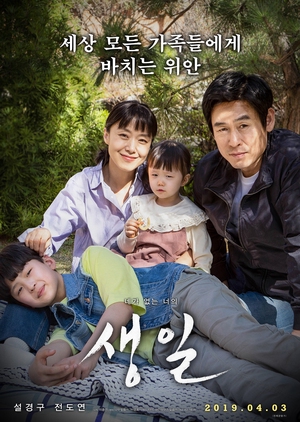In the forgotten town of Cupang in the Philippines, a young woman named Elsa announces that she has seen the Virgin Mary -- and then demonstrates a new-found ability to heal the sick. Soon the whole village has become the center of international attention as people come from all over for statues of the saints and bottles of the village's holy water. Among the hordes of visitors is a skeptical film director intent on visually recording Elsa's healing powers -- and without his knowing it, some frames capture a secret Elsa has kept from the world for a long time, a secret which led to her sister's suicide.
The film is both philosophical and political. The filmmaker seems to have been set up as a representation of the artist who believes his art is a simple transcript of reality and finds himself confounded by the morality of condoning “untruth” by his failure to expose the outrage on the “miracle-maker.” The political aspect, in retrospect, is a damning comment on the deceptions being foisted by the Marcos dictatorship on the Filipino -- the fiction that Martial law had brought about the “miracle” of eradicating poverty and unrest in Philippine society.
Himala won the Viewer's Choice Award for the Best Film of all Time from the Asia-Pacific Region in the 2008 CNN Asia Pacific Screen Awards.
This copy has been digitally restored and re-mastered by ABS-CBN Archives and Central Digital Lab in 2012.
Release: 1982
#Tags:

















